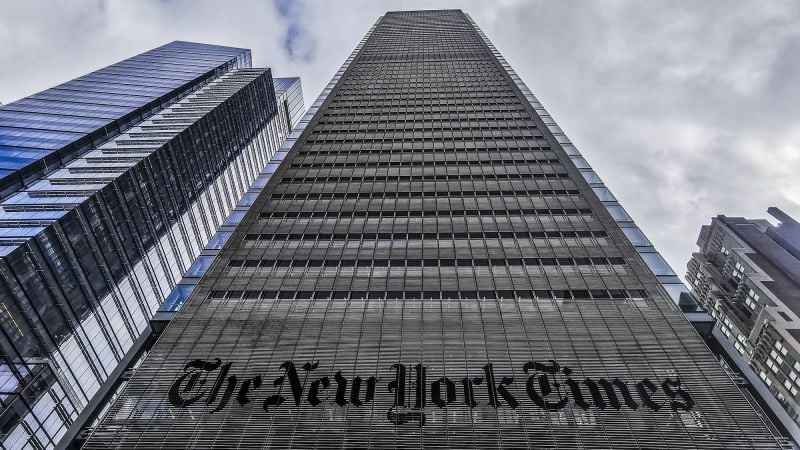The New York Times sues OpenAI and Microsoft for copyright infringement::The New York Times has sued OpenAI and Microsoft for copyright infringement, alleging that the companies’ artificial intelligence technology illegally copied millions of Times articles to train ChatGPT and other services to provide people with information – technology that now competes with the Times.



Oh I’m sure, and it was a good article to be clear. But “the legal side of things”, especially from a certain perspective, and what the courts (and then the legislature) do with a new-ish issue can be different things.
“Kit worked at the law firm of Wolf, Greenfield & Sacks, litigating patent, trademark, and copyright cases in courts across the country. Kit holds a J.D. from Harvard Law School”
The EFF is primarily a legal group and the post straight up mentions that it is a legal opinion on the topic.
So I’m not really clear what “the legal side of things” is that you mean separate from what a lawyer who has litigated IP cases before and works focused on the intersection of law and tech says about a pending case in a legal opinion.
Do you just mean a different opinion from different lawyers?
I assume they mean that on topics not thoroughly tested in court, a judge can always make up their own mind based on how they personally feel.
Right, but how would that be reflected in another article ahead of time?
Yea. Legal opinions vary and legal scholars can have problems, sometimes massive, with what courts and legislators end up doing. “Legal side of things”, in quotes, was intended to convey a cynicism/critique of the idea, belief or even desire some might have (not saying you) for the law to be “settled” and clear.
Ah, well if you want the Columbia Journalism Review has a good summary of the developments and links to various other opinions, particularly in the following paragraph:
(Most of those opinions are linked)
Thanks!